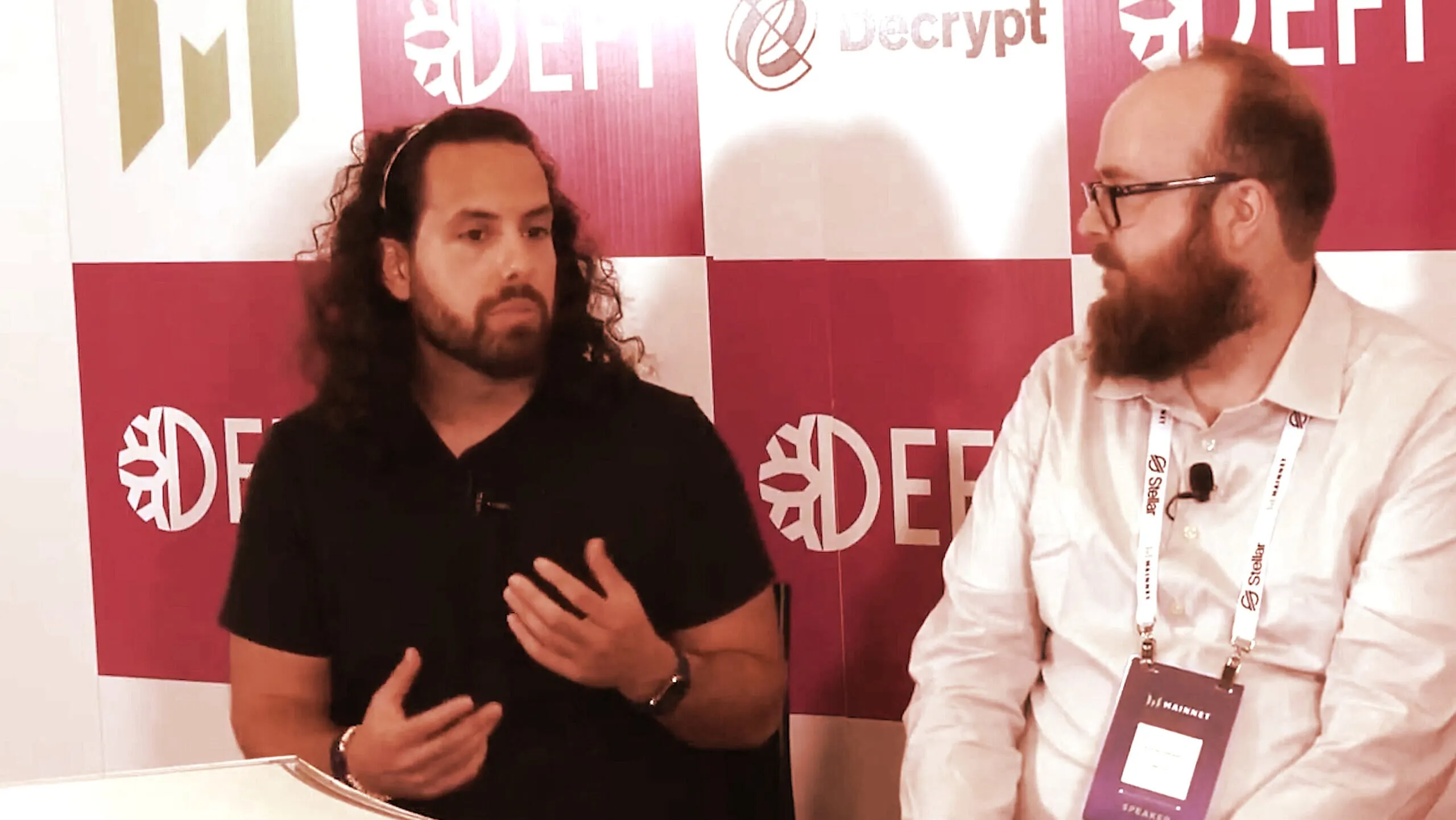Despite the protracted crypto winter, Gitcoin continues to fund critical global projects for the public good. In March, according to Ukraine's Ministry of Digital Transformation, Gitcoin Grants sent nearly $1 million in Ethereum donations to the Ukrainian government and NGOs operating in the region during the Russian invasion.
"We need to almost reframe public goods," Gitcoin fundraising and partnerships lead Azeem Khan told Decrypt at Messari Mainnet.
Gitcoin, Khan continued, imagines a world where Web3 allows people to own their financial transactions, search engines, and social media, replacing private companies that use people as the product.
"For us to be able to do that, the infrastructure needs to be built," he said. "So instead of thinking about clean air and libraries and things like that, it's the roads, tunnels, and bridges of Web3 that will allow us to get to that place." To do this, Gitcoin utilizes quadratic funding.
Quadratic funding was proposed in 2018 by Ethereum co-founder Vitalik Buterin and economists Zoë Hitzig and Glen Weyl and promotes a democratic form of matching funding for public goods, services, or causes. With quadratic funding, any projects deemed valuable or worthwhile to a community receive funding through community voting.
"The purpose of it is sort of an anti-whale mechanism," Khan said. "In traditional worlds, when capital is allocated, it goes to a venture capitalist or an angel, but it's usually a friend of a friend who ends up getting the money."
While Gitcoin does support global events like the cause of Ukraine, its primary focus is providing funding mechanisms for Web3. In June, during its 14th grant round or GR14, Gitcoin announced the launch of the Lootverse Round, a $130k round funded by the Loot project to support projects in the Loot ecosystem.
Gitcoin recently completed its 15th grant round, raising over $1 million from 390,000 contributors.
Gitcoin is evolving 🦋
Gitcoin Grants will continue to be a public good on which the web3 ecosystem can rely. Soon, though, we’ll also be launching a concurrent offering: Grants Protocol 🍃https://t.co/sIKqbkLE0b
— Gitcoin 🤖 🌍 - thank you for a magical #GR15! ✨🌱 (@gitcoin) October 6, 2022
As Khan explains, quadratic funding makes it possible to make sure funds go to the projects that need them most and not just a small group of projects headed by "friends" of the investors.
"As much as people want to talk about inclusivity and diversity," Khan continued, "the reality is the majority of capital ends up going to nepotism."
Using the "it takes a village" way of funding, Gitcoin has prioritized underserved communities by funding grants for projects led by or supporting women, youth-focused groups, marginalized communities, and people of color. Traditionally, these groups have less access to funding from banks and venture capitalists.
Some of these projects include the Dream DAO, a group that invests in web3 and social impact causes around the globe, 40Acres, a social DAO dedicated to creating self-sustaining communities of color using blockchain technology, and The Minority Programmers Association, an international network of developers that aims to build socially impactful software solutions and spread Web3 education to marginalized communities.
"It shows that being able to get the community out there voting with their dollars, on the things they find important, we found it quite successful," he said.

